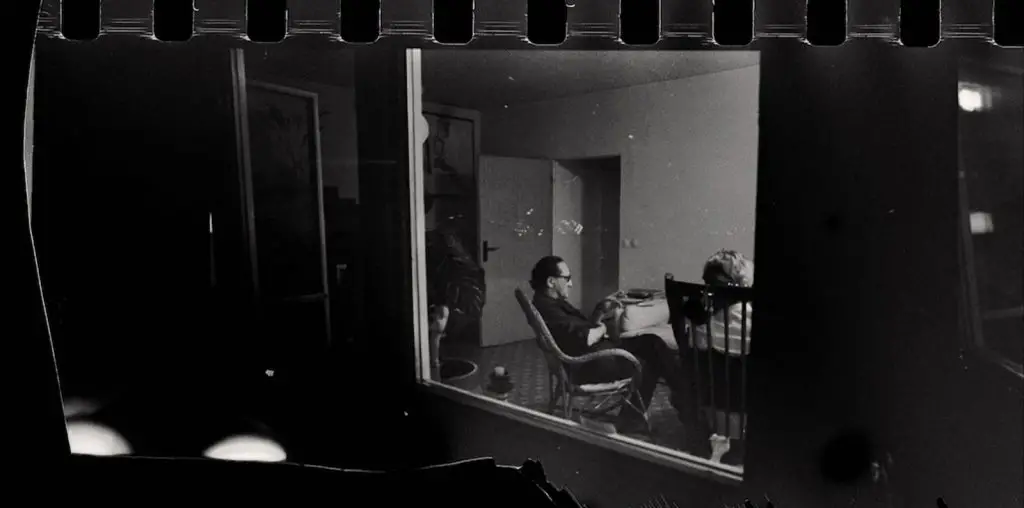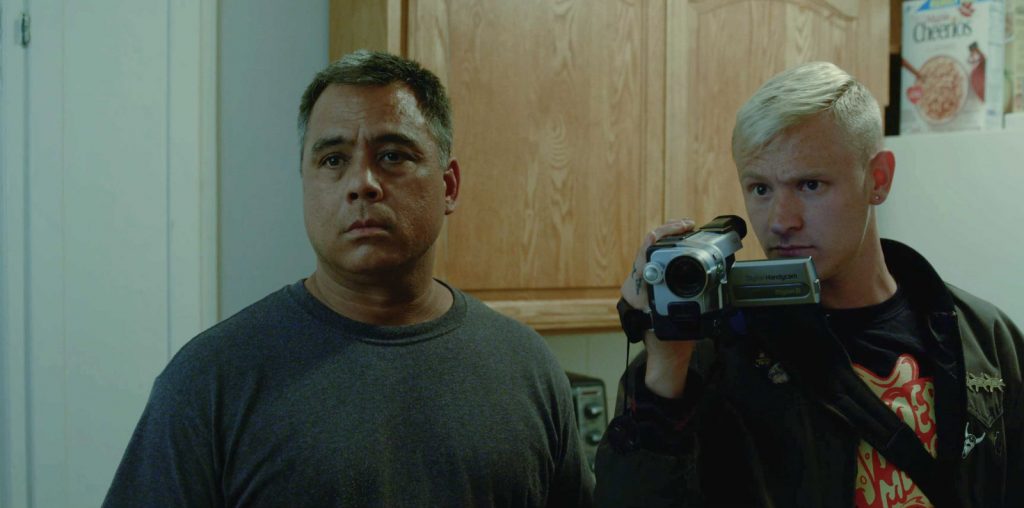
Cuba Gooding Jr. has made some dubious choices over the past few years (“Boat Trip”?) but this isn’t one of them. Traditionally, nothing puts a performer back on Oscar radar faster than a turn as a lovable character who’s mentally challenged.
It’s done the trick for, among others, Tom Hanks, Dustin Hoffman, Billy Bob Thornton, Leonardo DiCaprio and Sean Penn (for Cliff Robertson too back in 1968) so the actor can dream. Though his latest may prove a little too lightweight to get taken seriously by even as big a bunch of saps as the Academy.
“Radio” offers the fact based saga of a white high school teacher and football coach who befriends a black young man with an unspecified disability and encourages him to take part in school activities to the consternation of some in the community.
Ed Harris plays Harold Jones, a figure the film’s creators fashioned as a composite of three coaches who, in real life, took James Robert Kennedy under their wing in the 70s. Though the story is set in South Carolina and in a less enlightened era, the movie’s milieu smacks less of Mississippi than of Mayberry.
Harris notices Gooding watching from afar as the team practices and invites him to help out on the sidelines. For the most part, the players respond well to Kennedy’s childlike exuberance and treat him with respect. He and Harris develop a close bond and, as a result of the relationship, Radio (nicknamed for his habit of collecting and repairing them) exhibits newfound self-confidence.
This is the sort of movie in which locals hang out in an old fashioned barbershop and talk about high school sports all day. When a banker (Chris Mulkey) begins to suspect the coach’s preoccupation with Radio may be taking his mind off the crucial job of “making it to state” and decides to sow seeds of revolt, he takes his case to the codgers. The thing is that, with the exception of the guy’s own kid, nobody gets particularly worked up.
To the contrary, the story is virtually conflict-free. Harris is noble and caring. As the school’s principal, Alfre Woodard’s heart is in the right place. Debra Winger makes a rare screen appearance as the coach’s supportive wife. Most of the players are likable youths. Harris’ assistant, played by Brent Sexton, is a teddy bear and, with his goofy fake dental work and boy-trapped-in-a-man’s-body shtick, Cuba’s easy to root for.
Which makes the movie something of an anomaly. It’s not a parable about the importance of racial tolerance. The subject is barely mentioned. The townspeople are more concerned about the possible risk posed by an adult mentally d isabled stranger mixing with their kids at school. A concern which isn’t entirely unreasonable.
And the movie’s not about anyone triumphing against great odds. Cuba doesn’t go on to become the team’s star quarterback or anything. He starts out lugging equipment, folding towels and cheering his teammates on and two hours later (30 years in the case of the real Radio) he’s still doing the same thing.
It may not be terribly dramatic by event movie standards but that’s his victory: Acceptance. Inclusion. Special educators call it “mainstreaming” today. Give a challenged person the chance to live and work in the company of more typically developed peers and you give that person the greatest hope possible for achieving his potential. Neither Harris’ character nor the people of Anderson, South Carolina had ever heard that word but they knew it was the right thing to do so they did it.
Directed by Mike Tollin (“Summer Catch”) and written by Mike Rich (“The Rookie”), Radio is a film many people may be tempted to laugh off as button pushing feel-good fluff. Before doing so, they might want to ask themselves just what it is they find so funny about a little peace, love and understanding.

